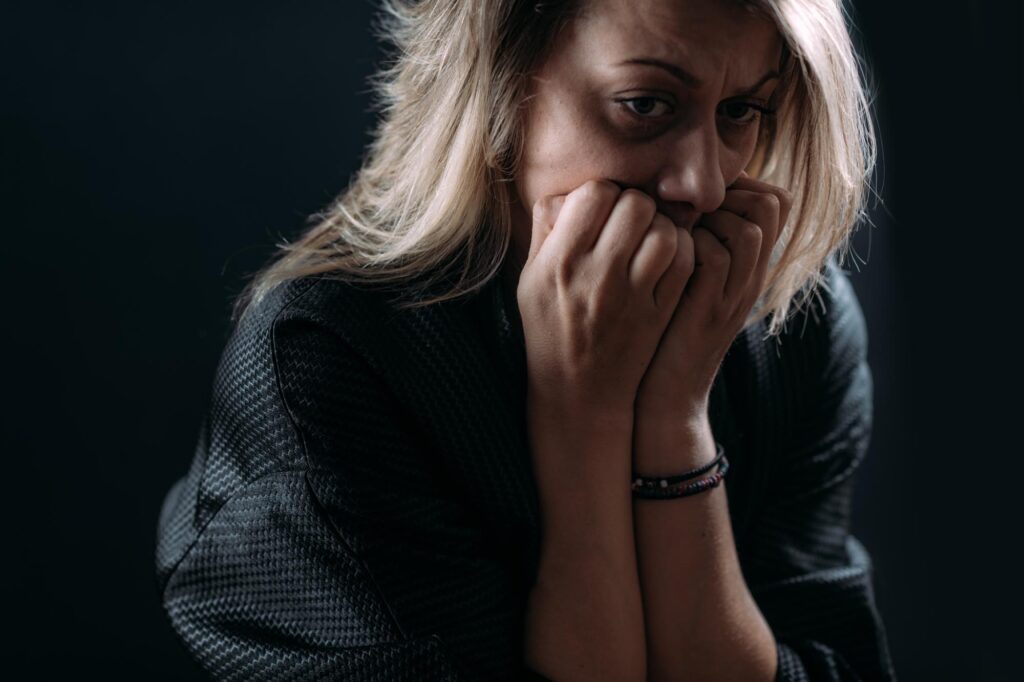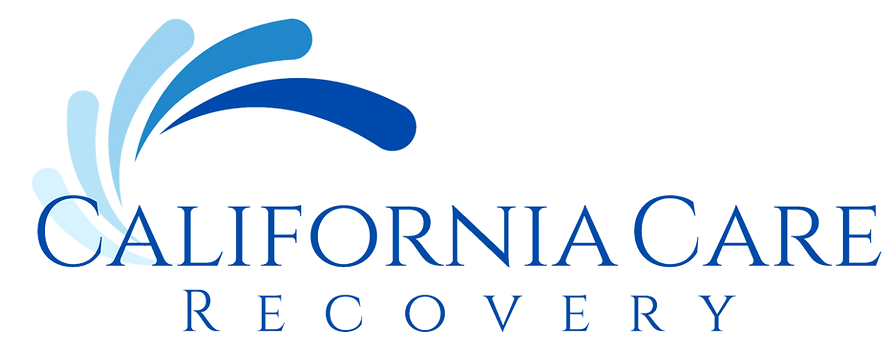Obsessive Compulsive Disorder (OCD) is a highly misunderstood mental disorder. The media has made it seem silly with television shows and skits, but it is a serious disorder that impacts its sufferers’ daily lives. Although humor can be a helpful release and even a healthy coping mechanism for those struggling with OCD, it is not a joke.
What Is OCD?

The National Institute of Mental Health (NIH) defines OCD as “a common, chronic, and long-lasting disorder in which a person has uncontrollable, reoccurring thoughts (obsessions) and/or behaviors (compulsions) that he or she feels the urge to repeat over and over.”
OCD is a severe clinical condition that manifests in late adolescence or early adulthood. Without treatment, it can lead to intense difficulties functioning in daily life. Unfortunately, it is often under-recognized and undertreated.
Common repetitive behaviors associated with OCD are hand washing, checking on things, and cleaning. These can significantly interfere with a person’s daily activities and social interactions. Most people experience unwanted thoughts and concerns during their lives, but with OCD, those thoughts are persistent. The compulsive behaviors seen are rigid and unbreakable habits. They cause the sufferer a great deal of stress and discomfort when not performed.
Many people suffering from OCD know that their behaviors and thoughts are not realistic or necessary, but disengaging is nearly impossible. Although there are no exact causes for OCD, likely factors may include a family history of OCD, unique brain structure, and childhood trauma. To be diagnosed with OCD, obsession or compulsion need to be present for more than an hour each day, lead to distress, and impact functioning.
Signs of OCD
Like many other disorders, OCD will impact each person differently. While some may experience both obsessions and compulsions, others may experience one or the other. Both are equally distressing for sufferers.
Obsessions are less likely to be seen by others as they are more internal. Obsessions are persistent thoughts, impulses that cause anxiety or disgust. Although many people with OCD realize these are not rational, logic does not ease the discomfort.
The most common examples of obsessions include:
- Fear of contamination by others or the environment
- Disturbing sexual thoughts
- Fear of saying inappropriate obscenities or insults in public
- Extreme worry regarding order, symmetry, or precision
- Recurrent intrusive thoughts of sounds, images, words, or numbers
- Fear of losing or discarding something important
- Fear of being harmed or harming someone else
Experiencing these thoughts is not something easily avoided or ignored. Even with the best effort to suppress such thoughts, they are often too powerful to be managed with personal intervention alone.
The same goes for compulsions; only they tend to be much more apparent and observed by those around someone with OCD. Compulsions are repetitive acts that temporarily relieve the distress caused by an obsession. The rituals of turning off lights or washing one’s hands multiple times are examples of compulsions. The sufferer knows that these actions are illogical but must perform them to ease anxiety. Such behaviors are often done to reduce someone’s worry regarding an obsession but can be unrelated as well. The problem is that these behaviors can be so overpowering and necessary to someone with OCD that completing a normal routine isn’t possible.
Some of the most common compulsions are:
- Excessive hand washing and cleaning due to a fear of germs
- Counting and recounting money to ensure they added correctly
- Repeatedly checking to see if a door is locked, the oven is off, etc.
- Organizing and arranging things in a precise way
- Ritualized hand washing, showering, brushing teeth, or toileting
- Constantly seeking approval
It is important to remember that those with OCD do not feel pleasure from following these compulsions but may receive minor and temporary relief from anxiety when accomplished. Doing so also leads to significant struggles to function in daily life.
Beyond what seems like voluntary actions, some people with OCD will develop tics. These can be excessive blinking, shoulder shrugging, head jerking, throat clearing, or sniffing. Over time the symptoms of OCD can worsen or ease up depending on triggers and stress. Unfortunately, without proper treatment for OCD, many people will use drugs or alcohol to ease symptoms or experience a sense of calm. Doing so can lead to addiction and co-occurring disorders, making them more challenging to treat.
Treatment for OCD
If you suspect you are experiencing signs of OCD, it is essential to bring it up with your doctor right away. The earlier you seek help and get professional intervention, the sooner you can manage your symptoms.
To diagnose OCD, a doctor will ensure your symptoms are not caused by another mental illness or substance use. For the most effective results, treatments will often include therapy and medication. While medication will usually be prescribed to ease the anxiety caused by obsessions, therapy offers new ways of thinking and reacting to obsessions and compulsions. This takes practice and patience, but with both, gradual exposure to fears can teach healthy coping mechanisms.
OCD is an overwhelming mental disorder that usually leads to intense disruptions to your everyday life. Having obsessive thoughts that intrude on concentration and focus can lead to poor work performance, difficulties in relationships, and failure to complete important tasks. The compulsions caused by those obsessions can swallow up hours of your day, impeding on your priorities, life success, and the status of your mental health. If you notice any signs of OCD, it is crucial to receive an accurate diagnosis and begin treatment. A medical professional will assess your symptoms and rule out other possible causes. With a diagnosis, treatment often includes both medications to ease anxiety and therapy to teach you new methods of thinking and behaving. You don’t need to suffer from OCD alone. California Care Detox & Treatment is here to help you manage your symptoms and take control of your life. Call us now at (949) 281-0632.
Related: Methadone Detox Guide: Safe Opioid Addiction Treatment Steps
